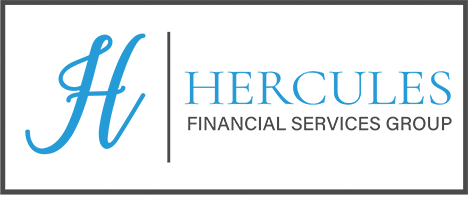What Retirement Plan Is Right For Me?
You may have heard the terms 401k, 403b, pension, or IRA thrown around when discussing retirement plan. If you are currently employed, your employer may have offered you one of these options. It can feel confusing and overwhelming to discuss money if you aren’t well versed in finances, but today we’ll break retirement plans down in a way that you’ll understand and benefit from.
What is a 401k or a 403b?
A 401k is often referenced in media as the indicator that you’ve made it in the world of being an adult. This plan is a qualified retirement plan that allows eligible employees of a company to save and invest for their own retirement on a tax deferred basis. Generally, most plans will offer a matching contribution by the employer as well. You don’t have to pay taxes upfront on this savings option, but you will pay taxes on your original contributions, your employer’s contributions, and any interest earned when you pull out the money in the future. A 403b plan is similar in nature and is used by non-profit companies in lieu of the 401k. Don’t think you’re locked into a 401k or 403b plan just because your company offers it to you as there are other options as well.
What is an IRA?
An individual retirement account (IRA) also allows you to save money for retirement in a tax-advantaged way. An IRA is an account set up at a financial institution that allows an individual to save for retirement with tax-free growth or on a tax-deferred basis. With a traditional IRA, your money grows tax deferred, using pre-tax dollars as you get a deduction on your tax return for your IRA contributions. You will then pay taxes on your contributions and earnings when the money is withdrawn at retirement age. With a Roth IRA, you contribute post tax dollars, but then get to withdraw your contributions and earnings later without being taxed. This is advantageous in case taxes inflate in the future (which history has shown us they most likely will), causing you to lose out on some of your savings.
Currently, there’s a $6,000 limit on taxable contributions to retirement plans. Those aged 50 or over can contribute an additional $1,000.
What is a Pension?
A pension plan employee adds money into a fund that includes contributions by the employer. The worker’s pension payments are determined by the length of the employee’s working years and the annual income they earned on the job leading up to retirement.
A pension plan differs from a 401k plan in a few ways. To start, a pension plan is funded by the employer, while a 401(k) is also funded by the employee. Next, pension plans guarantee a monthly check-in retirement, while a 401(k) does not offer guarantees. A pension plan will generally have a minimum time you are required to stay employed in order to participate in any retirement checks though.
Which is Right?
The right retirement plan will depend on your individual situation and which plan is available from your employer. Even consider having multiple retirement plans and mixing and matching to find what’s right for you.
